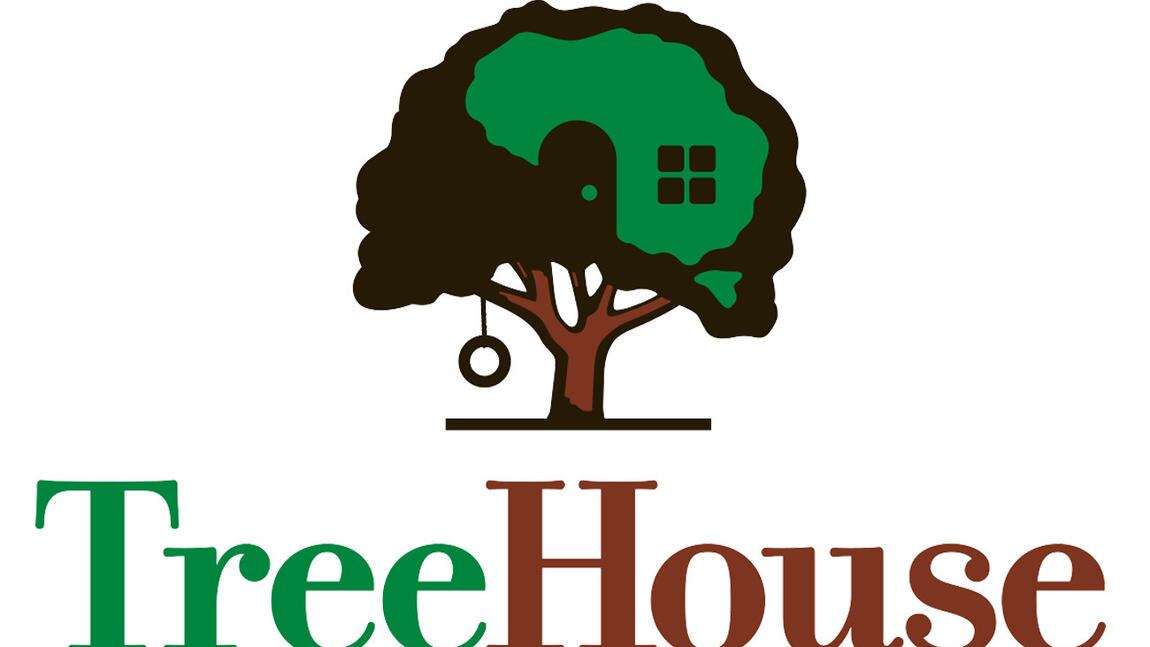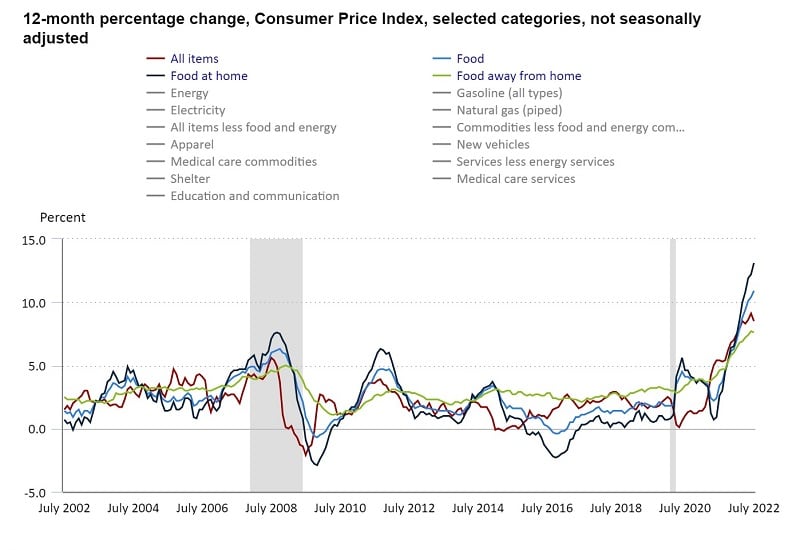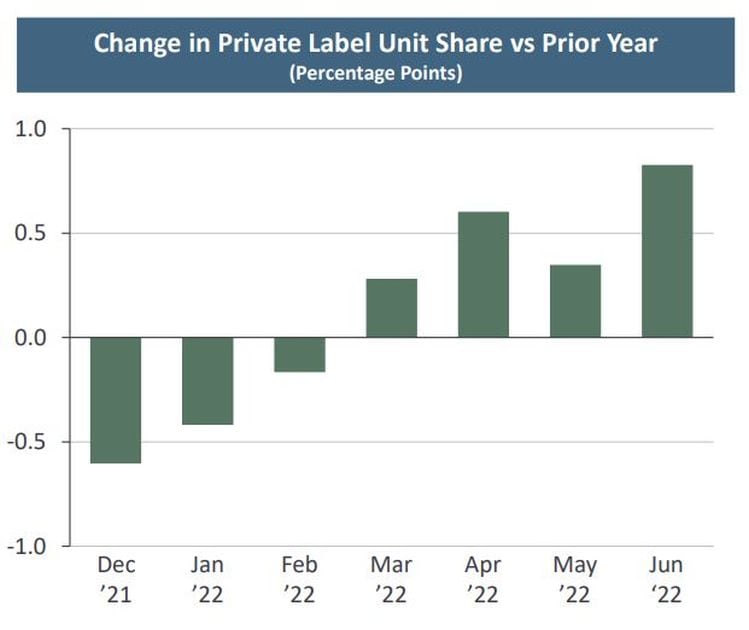In addition, previously announced price increases are beginning to take effect – easing inflationary pressure without compromising consumer interest in less expensive store brand products helping to boost the company’s sequential profitability, executives told investment analysts yesterday during it is third quarter earnings call.
The company now expects net sales to rise between 22% and 24% in the coming fourth quarter year-over-year, driven primarily by pricing, helping to push up predicted Q4 adjusted EBITDA to between $105 to $120m and boosting EBITDA margins into the range of 10.5% to 12% from 8.8% in the third quarter.
The company’s optimism extends into next year, during which it anticipates consumer demand for private label food and beverages will “remain strong” even as it benefits from “the wraparound” of pricing actions taken this year to recover inflation from 2022.
“Pricing net commodities was positive for the first time in several quarters and contributed $33m versus last year,” chief accounting officer Pat O’Donnell said, explaining that “pricing is now catching up to the commodity inflation we incurred earlier this year consistent with the lag effect we have discussed previously.”
He added that while some commodity category prices are beginning to fall, most remain elevated on a year-over-year basis, which could signal the need for additional pricing in the future.
If the company pursues additional pricing, there is plenty of room to do so with the gap between private label and national brands around 27%, “which is at the high end of the historical range of 21% to 24% for the categories within the new TreeHouse,” CEO Steve Oakland said.
“This combination of high shelf prices and wide price gaps translates to a basket of private label goods that represents significant savings for the consumer,” the appeal of which is illustrated in the unit sales of private brands outpacing national alternatives by 400 basis points in total edibles, Oakland said. He added the growth is even higher within TreeHouse’s categories where the difference is nearly double at about 900 basis points in the third quarter.
Labor, supply chain challenges linger, but are improving
As optimistic as executives are about TreeHouse’s future, they acknowledged several lingering challenges that the company is working to resolve, including disruptions that continue to supress service, which was 96% in October.
“Labor and supply chain continues to be a persistent issue affecting the entire industry,” including TreeHouse, which is “redoubling our efforts around labor and line reliability,” O’Donnell said.
“We continue to invest heavily in training, engagement and retention across the entire network, which are the right steps to improve efficiencies and returns over the longer term. The supply chain environment continues to be dynamic, but our teams have done a good job securing multiple new suppliers and either working with customers to adjust product specifications based on material availability or working with suppliers to ensure that they have the capacity to meet our needs,” he said.
He added: “On average this year, we’ve see a 50 basis point to 100 basis point improvement in service each quarter. During the third quarter, service averaged 93%” and in October it was 96%.
Overall the executives agreed that while the company is not completely out of the woods with regards to past declines, it is turning a corner, thanks in large part to its streamlined portfolio following the completed sale of its meal prep business in October.
“Completing the transaction marked a significant step forward in our efforts to simplify our business, improve operational execution and accelerate growth. We have reduced debt by $500m and meaningfully strengthened our balance sheet, positioning us to continue investing in our business and customer relationships,” O’Donnell said.




